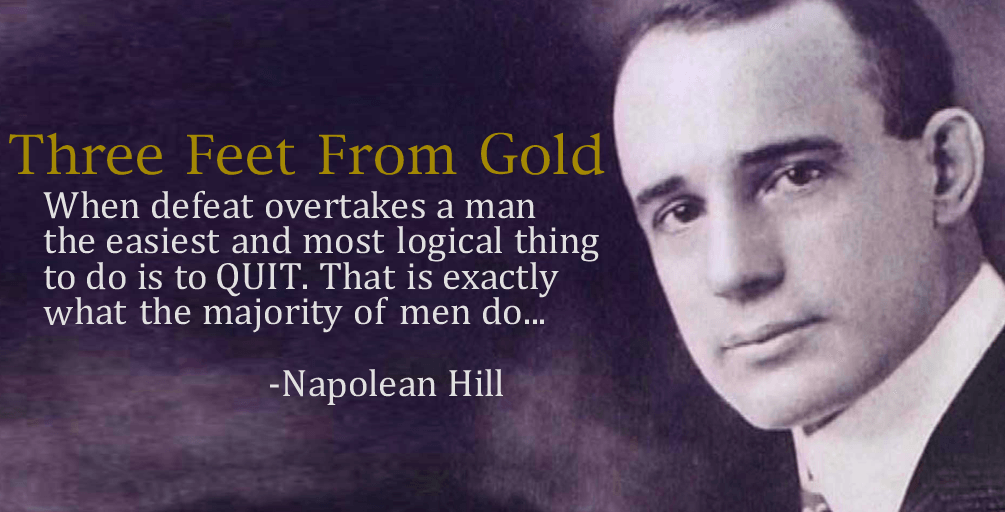- You are here:
- Home »
- Leadership »
- Curiosity Makes You Smarter – The Benefits of an Inquiring Mind
Curiosity Makes You Smarter – The Benefits of an Inquiring Mind

Curiosity Makes You Smarter. There are a lot of benefits of an inquiring mind.
While going through college, I worked in a delicatessen. Sometimes I noticed a business owner’s personal check or credit card and that aroused my curiosity. I reached through the bars, as it were, to ask questions and inquire about life on the outside. I knew my job was only temporary, but like a bird not meant to be caged. Over the years, I’ve kept asking questions about many areas of interest. In my early twenties, it was these kinds of encounters, learning from accomplished business owners and spiritual mentors that kept me motivated and pondering the possibilities for my life.
Curiosity makes you smarter, what do you mean? A valuable attribute of great leaders, effective communicators, and professional marketers is curiosity. A curious, inquiring mind keeps us active and engaged. According to research, one of the most overlooked keys to happiness is cultivating and exercising our innate sense of curiosity. Curiosity helps us explore unfamiliar territory and lays the foundation for greater opportunities. Every successful business venture and marketing campaign requires that we make good decisions by asking great questions. The Socratic method of teaching involved asking questions and drawing out answers from the pupils. The same is true as we develop leaders and our marketing plan. Too few leaders, managers, and employees ask great questions. People and cultures that embrace the art of questioning and learning, thrive, while those that think they know it all fail or achieve mediocrity at best.
As you develop your market, you might be just a few feet away from hitting the mother lode. In a classic tale in his book, Think and Grow Rich, Napoleon Hill tells a story about Mr. R.U. Darby and a valuable, yet costly, lesson learned. Hill writes:
One of the most common causes of failure is the habit of quitting when one is overtaken by temporary defeat . . . Before success comes in any man’s life, he is sure to meet with much temporary defeat and perhaps some failure. When defeat overtakes a man the easiest and most logical thing to do is to QUIT. That is exactly what the majority of men do . . . Every person is guilty of this mistake at one time or another. — Napoleon Hill
Herein is buried the lesson: Do your homework and get specialized knowledge! It was Darby’s fault, not the fault line. Had he been curious enough to seek professional advice and ask some questions, he would have discovered that his glorious vein of gold had shifted three feet because of seismic activity. Seek knowledge and be aware of market conditions and changes. A curious, inquiring mind keeps us active, engaged, and aware of market conditions and changes.
